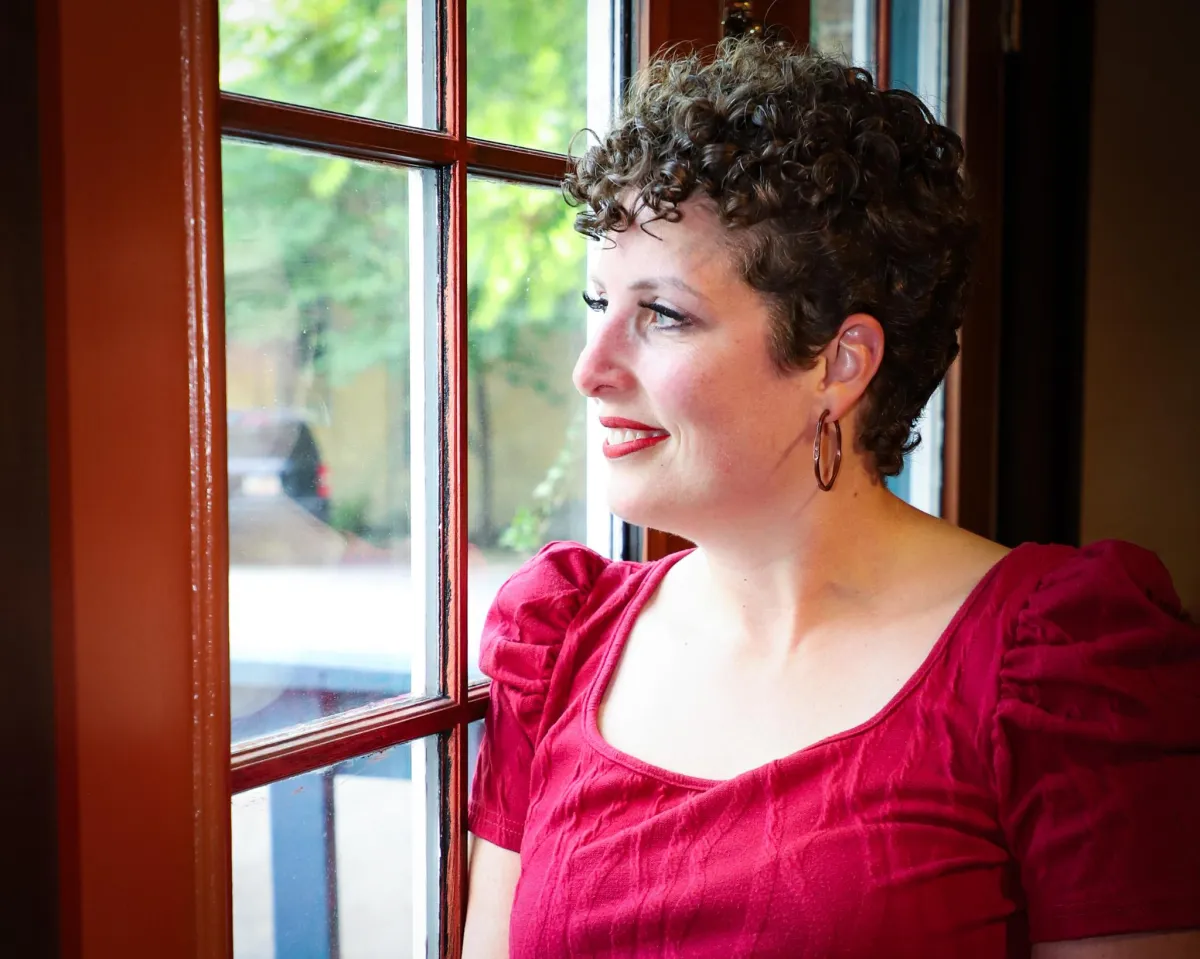What Are the Akashic Records?
The Akashic Records are often described as a sacred library or energetic archive that holds the blueprint of your soul’s journey. They contain insights about your past, present, and potential paths forward.
Accessing the Records allows you to better understand patterns in your life, release what no longer serves you, and align more fully with who you truly are.
When I open the Records on your behalf, I enter a high-vibrational state of consciousness and connect with the Masters, Teachers, and Loved Ones who hold the wisdom of your soul.
The Origins of the Akashic Records

The word Akasha comes from Sanskrit, meaning “ether,” “sky,” or “primary substance.” In ancient Indian philosophy, Akasha was understood as the elemental foundation of all creation, the subtle field in which everything is recorded.
References to something like the Akashic Records can be found across spiritual traditions:
Hinduism & Buddhism: Teachings describe Akasha as the space in which all experiences and karmic patterns are stored, accessible through meditation and spiritual practice.
Western Mysticism: In Christianity, the “Book of Life” mentioned in the Bible echoes the idea of a divine record that holds the story of each soul.
19th Century Theosophy: The “Akasha” was introduced in the late 1800s by Helena Blavatsky and other Theosophists, who described it as a cosmic memory field containing every thought, word, and action.
Edgar Cayce (20th Century): Known as the “Sleeping Prophet,” Cayce’s widely documented trance readings referenced the Akashic Records as a source of healing, guidance, and life purpose.
Today, the Records are understood as an energetic library or archive that transcends time and space. They are not limited to one religion or culture, but rather form a universal field of wisdom available to anyone with the intention and training to connect.
What to Expect in an Akashic Record Reading
Each session is unique, but some of the common experiences include:
Clarity about repeating patterns in relationships, work, or personal growth.
Guidance for major decisions or life transitions.
Release of old energetic blocks that may be holding you back.
Practical next steps that bring alignment to your daily life.
I describe this work as illuminating your soul’s blueprint, not predicting your future, but helping you understand the deeper “why” behind your experiences so you can choose your path with confidence.
The Benefits of Akashic Record Alignments
Clients often leave sessions feeling:
Greater self-understanding and compassion.
Relief from long-held energetic weight.
A sense of alignment with their higher purpose.
Empowered to create change in their lives with clarity.
How to Prepare for an Akashic Records Session
To make the most of your reading:
Bring questions or areas of life where you desire clarity.
Approach the session with openness and curiosity.
Allow space afterward to journal or reflect on what emerges.
Common Misconceptions
Not fortune-telling: The Records provide insight, not fixed outcomes.
Not religious dogma: This is a spiritual practice accessible to all, regardless of faith background.
Not a replacement for therapy or medical care: Sessions are supportive and empowering, but not a substitute for professional services.
Why Work With Me
I am a certified Akashic Records Practitioner and have dedicated years to refining this sacred work. My role is to hold space for you with clarity and compassion, guiding you as you uncover the wisdom already within your soul.
Ready to Take the Next Step?

If you are ready to illuminate your soul’s blueprint, release what no longer serves you, and step into alignment with your highest potential, I invite you to schedule a session.
Your journey doesn't end here.
Receive soulful insights, updates, and inspiration directly in your inbox.
Connect with Jacqueline Jenson:
